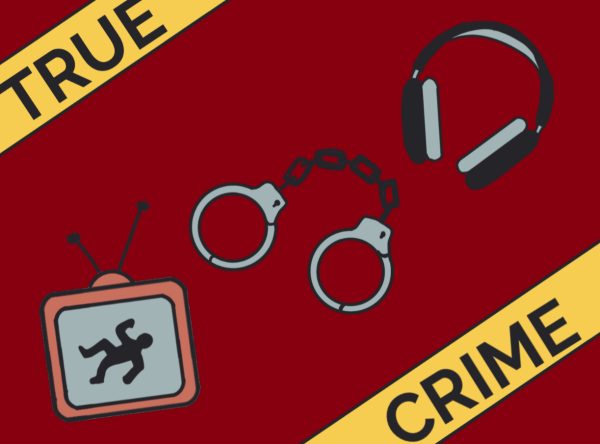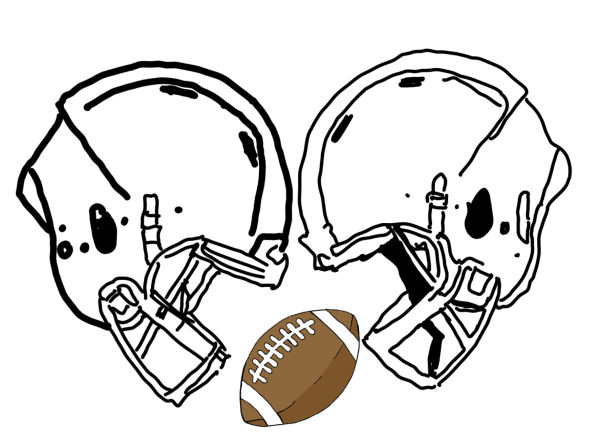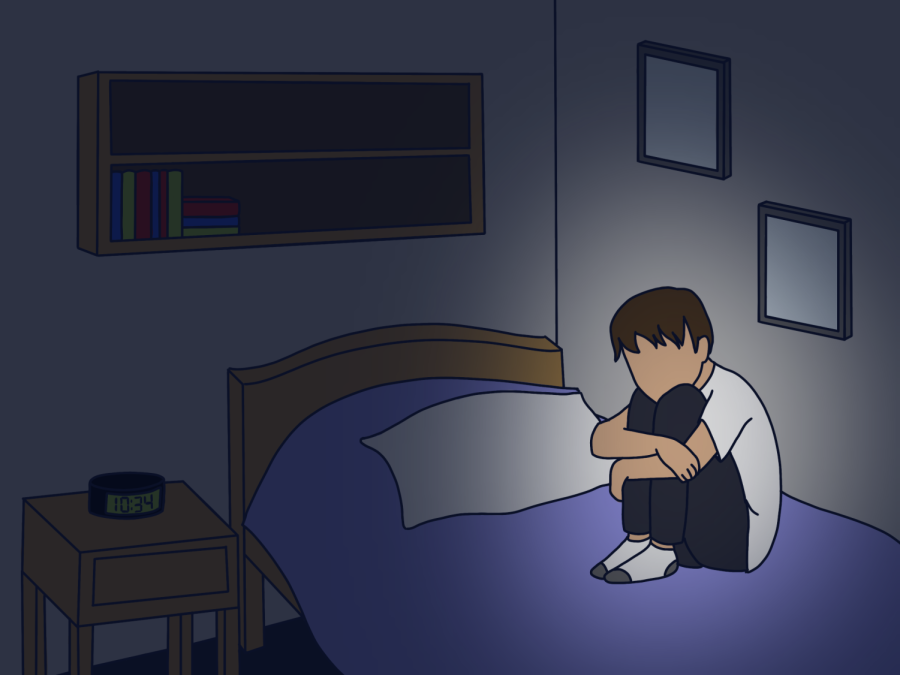Future parents should avoid spanking children as punishment (Opinion)
Spanking children is both ineffective and causes trauma to childrens’ brain development and future mental health
One in six parents are still spanking children today according to Fatherly.com.
As kids, some of us can remember being spanked for our wrongdoings. Over the years, parenting strategies have changed. This doesn’t mean that parents then were in the wrong. It just means that we have learned more about child development throughout time.
Multiple modern studies have cautioned parents against using this corporal punishment. The American Academy of Pediatrics found that spankings makes “kids more aggressive and raises the risk of mental health issues” later on. Dr. Robert Sege said that spanking is ineffective and often persuades children to escalate their bad behavior.
Sometimes, this form of punishment works in the short term in stopping a child’s bad behavior, but it also teaches that if someone is mean to you, you should physically hurt them.
“Children who experience repeated use of corporal punishment tend to develop more aggressive behaviors, increased aggression in school, and an increased risk of mental health disorders and cognitive problems,” Sege explained. Spanking alters the brain development in the part that communicates regulation. Regulation over behaviors becomes less in those who are punished this way at a young age.
A child raised on this type of punishment may see wrong doing as something that needs physical punishment. In other words, they may take it into their own hands to punish other kids like they too were punished. It might also work oppositely. A kid may think that they deserve to be punished with violence, so when other kids hurt them, they won’t do anything to stop it.
Child reaction to everyday stimuli can be negatively affected by spankings. According to a 2021 Child Development study, (backed by the National Institute of Mental Health), children “who were spanked exhibited greater activation in multiple regions of the medial and lateral prefrontal cortex (PFC), including dorsal anterior cingulate cortex, dorsomedial PFC, bilateral frontal pole, and left middle frontal gyrus in response to fearful relative to neutral faces compared to children who were not spanked”. Spanked kids exhibit more fear and anxiety in everyday life. They also run the risk of developing depression, family dysfunction, and family distrust.
Katie A. McLaughlin, a researcher in the science journal, Child Development said that “while we might not conceptualize corporal punishment to be a form of violence, in terms of how a child’s brain responds, it’s not all that different than abuse.”
As possible future parents, we don’t want our children to suffer in life. We want them to thrive and live good lives.
Yes, in most cases, kids should be disciplined when they misbehave. Letting your kids walk all over you and disrespect you will not benefit either of you later in life. Discipline does build character, and there are other ways to punish poor behavior without hitting children.
Your donation will support the student journalists of Mead High School. Your contribution will allow us to purchase equipment and cover our annual website hosting costs.

Skylar Whalen is a senior. She is this year's editor-in-chief. Skylar enjoys painting, singing, and playing softball. She is a huge animal lover and works with dogs outside of school. Skylar plays competitive softball and hopes to play in college. She is excited to help other writers succeed and grow. Skylar can’t wait to work with new people and produce engaging stories for the community around her. She also enjoys having the excuse to write about herself in third person and make her seem interesting.

Kaylyn is a senior. She enjoys reading, playing video games, and driving. Outside of school she likes to sing loudly on her way to work. She is excited to write articles that students can relate to.








